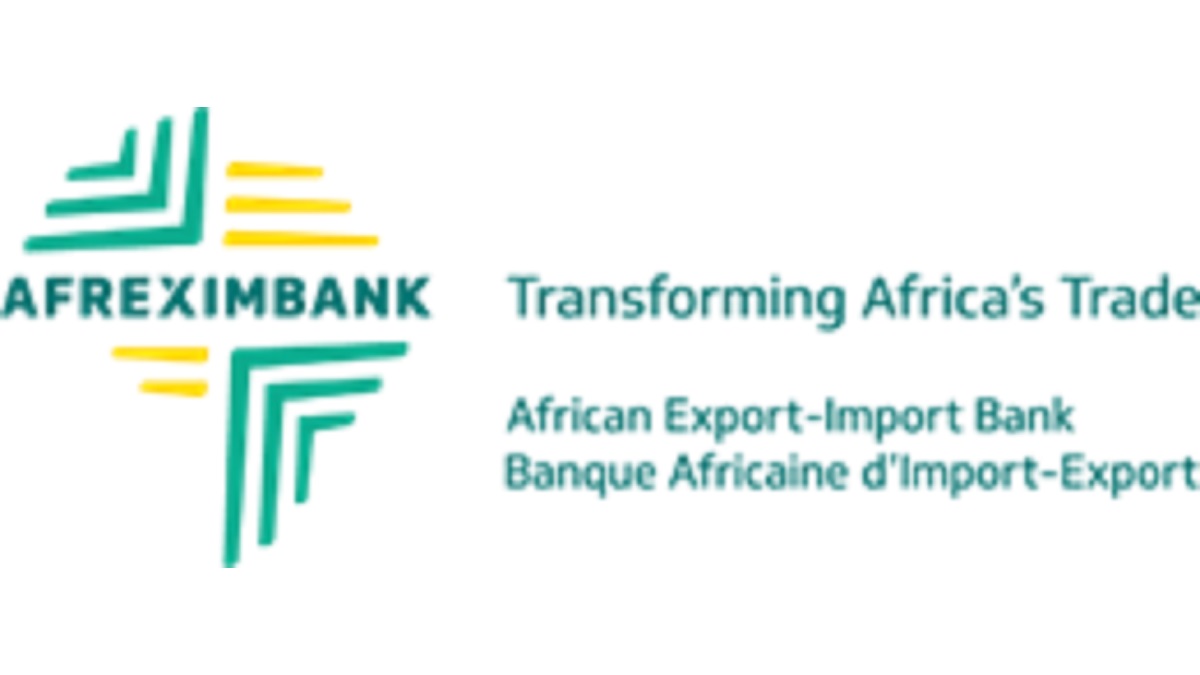Scheduled to run from 9 to 13 September 2024 in Cairo, Egypt, the training programme which will be delivered in collaboration with the American University in Cairo and the AfCFTA Secretariat will focus on the business implications of AfCFTA
CAIRO, Egypt, July 10, 2024/APO Group/ —
African Export-Import Bank (“Afreximbank”) (www.Afreximbank.com) is pleased to announce the launch of an innovative capacity development program designed to empower African corporates to capitalise on the opportunities presented by the African Continental Free Trade Area (AfCFTA).
This initiative, spearheaded by Afreximbank Academy (AFRACAD) in collaboration with the AfCFTA Secretariat, aims to equip businesses with the necessary skills and knowledge to navigate and thrive in the evolving intra-African trade landscape.
Scheduled to run from 9 to 13 September 2024 in Cairo, Egypt, the training programme which will be delivered in collaboration with the American University in Cairo and the AfCFTA Secretariat will focus on the business implications of AfCFTA and the numerous opportunities which the Agreement presents for African corporates. It will also equip members of Afreximbank’s TRADAR Club and other participants with practical insights to enable them to leverage the benefits and opportunities presented by the Agreement. Additionally, it will help translate the various treaty instruments of the AfCFTA into practical language that corporates can easily understand. It will also provide an exposé on the requirements businesses must meet to seize opportunities of the continually expanding AfCFTA market.
Commenting on the programme, Dr. Yemi Kale, the Group Chief Economist & Managing Director of Research at Afreximbank, highlighted the importance of creating the requisite competencies and capacity for local industrial activities to enable all African countries to benefit from the single market arrangements offered by the AfCFTA.
We aim to empower African businesses to fully exploit the vast opportunities created by the AfCFTA, thereby enhancing their competitiveness
Dr. Kale said, “Afreximbank is a key supporter of the implementation of the AfCFTA whose focus is on transforming Africa from a fractured, commodity-dependent group of economies to a vibrant, integrated single market of about 2 billion people with a combined GDP of about US$3.4 trillion. In this regard, we believe that well-informed and prepared businesses are key to driving intra- and extra-African trade and investment. Through this training program, which is one of the numerous capacity building initiatives the Bank has put in place to promote intra- and extra-African trade and investments, we aim to empower African businesses to fully exploit the vast opportunities created by the AfCFTA, thereby enhancing their competitiveness and contributing to sustainable economic growth in Africa.”
Commenting on the programme, Mr. Tsotetsi Makong, Head of Capacity Building and Technical Assistance at the AfCFTA Secretariat emphasized the importance of capacity building for the successful implementation of the AfCFTA. Mr. Makong stressed the importance of ensuring a value chain approach to capacity building by first prioritizing human resources competences, fit for purpose administrative procedures and processes, translation of the AfCFTA into national and regional regulatory infrastructure, fostering predictable institutional framework across state institutions involved in facilitating and executing trade transactions and ensuring that trade transactions are underpinned by requisite hard and soft infrastructure. He said: “Investing in capacity building for the Corporates and SMEs will ensure that home sourced investments are mobilized and deficits with third country markets reduced, proving the AfCFTA to be the single most important instrument that de-risks the African continent in its entirety when it comes to investments.”
While the AfCFTA has immense potential to support economic development, a lack of understanding of the technical nuances relating to the interpretation of the Agreement is impeding the full actualisation of its benefits. Some enterprises are also not able to fully take advantage of the Agreement or to compete with the influx of new competitors from other regions.
The training programme will, therefore, focus on removing the hurdles in the business environment as well as tackling the capacity constraints of African companies in order to support the transition from the current model of local production for local consumption to a model that ensures local production for the continental and international export markets.
Participants in the programme include African corporates (mainly importers and exporters), trade support institutions (including trade promoting organisations, chambers of commerce and investment promotion agencies), export trading companies, the foreign trade community (including investors), and bank executives.
The training programme was conceptualised by Afreximbank, which will also manage the implementation and other related activities with the American University in Cairo and the AfCFTA Secretariat as implementing partners.
For more details and to register for the training program, please click here (https://apo-opa.co/3WhFajd).
Distributed by APO Group on behalf of Afreximbank.


 Energy3 days ago
Energy3 days ago
 Business3 days ago
Business3 days ago
 Business3 days ago
Business3 days ago
 Energy2 days ago
Energy2 days ago
 Business3 days ago
Business3 days ago
 Business3 days ago
Business3 days ago
 Energy3 days ago
Energy3 days ago
 Energy3 days ago
Energy3 days ago












